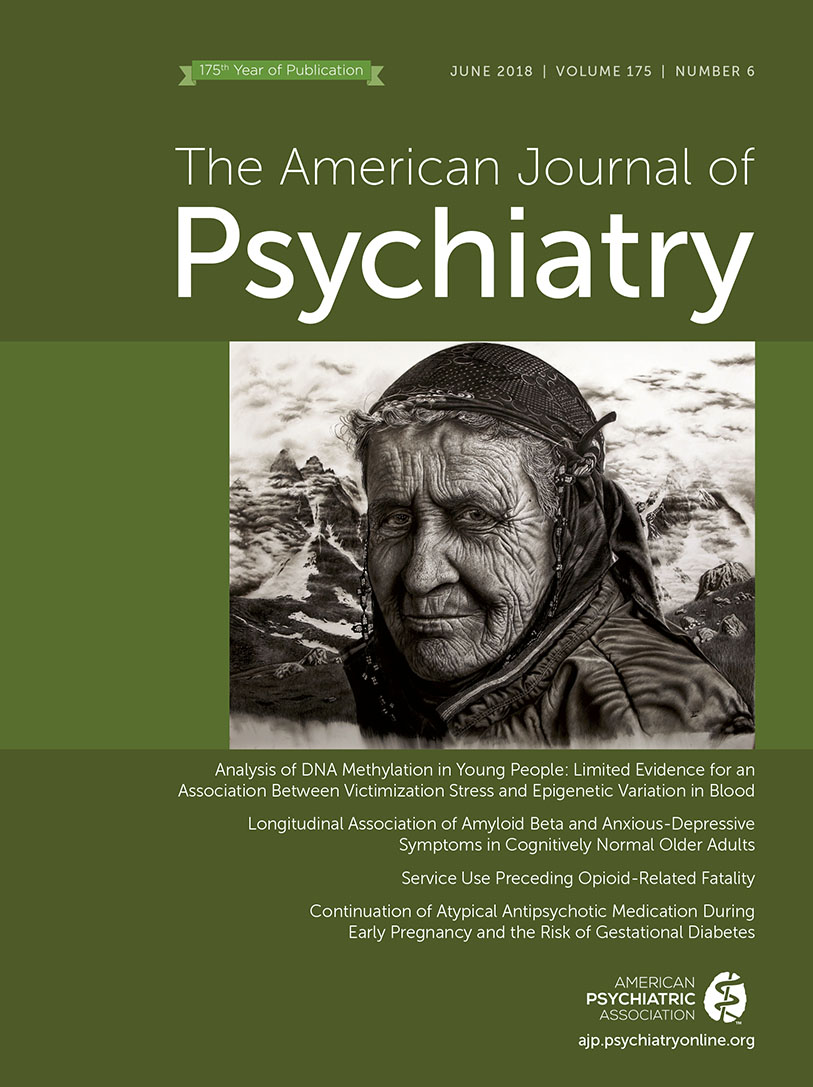This refreshing and intriguing book starts from two premises: first, that the lack of validity of current diagnostic criteria undermines the neurobiological quest for distinct etiopathogenetic foundations for mental disorders; and second, that current imaging techniques provide only a coarse picture of the neurobiological alterations associated with mental illness. Both premises are long-term predicaments of modern psychiatry. Valiant attempts to solve them have been recorded in the last 100 years, some forgotten or discredited, but most have been transformed from the solution into part of the never-ending quest.
Dr. Andreas Heinz addresses these problems by embracing the dimensional revolution articulated in the Research Domain Criteria (RDoC) movement (although he avoids naming RDoC per se throughout the book) and by advocating for computational models to bring additional light to operations behind various behaviors. The book offers a detailed description of learning mechanisms, such as the model-based and model-free decision-making processes and their neurobiological correlates. Later on, the book tries to assess how a dimensional approach focused on learning mechanisms is able to explain key symptoms in psychosis, addiction, and depression, such as the role of dopamine-dependent misattribution of salience in the formation of delusions, or that of impaired encoding of reward-prediction errors and reward-dependent learning in the endurance of addictive behaviors. It is particularly insightful how these models may relate to real clinical experiences (e.g., explaining the formation of particular religious delusions through misattribution of salience caused by alterations in phasic dopamine transmission).
It is a very enjoyable book, written in a comfortable, conversational style with interesting forays into the historical, political, and philosophical. We found the blend of phenomenology and computation (with a dash of The Good Soldier Švejk—a novel about a would-be Czech soldier in World War I—thrown in the mix) very refreshing and intellectually rewarding. Historical anecdotes like the origins of the word “autism” (Bleuler rightfully editing Freud) and evolutionary approaches going back to John Hughlings Jackson single out this unique book.
In addition to being an excellent review and perspective on computational models in some of the most relevant psychiatric disorders, the book also explores the social context of these models. The misuse of psychiatric labels for political purposes, and how this drives the importance of a patient’s report of distress and elaboration of the disease model, is relevant in this context. However, in the discussion of delusions, we believe the attempts to fit in the political views can cloud the science. In particular, because of concerns related to diagnostic abuse based on subjective clinical observations, the author suggests an equally subjective if not more fragile evaluation focused on the expressions of the patient. It would seem this logic chooses to ignore the obvious limitations of relying predominantly on subject report in individuals suffering from acute psychosis.
We presume the author decided to avoid excessive technical discussions of computational models. Thus, readers looking for mathematical details or practical guidance for simulating these models could be disappointed. What the book does offer, however, is a thoughtful and wide-ranging review of the conceptual issues and insights that computational models of psychiatry may offer.
The book’s cutting-edge, hyper-specialized approach is rooted in a remarkable “old school” continental education, a hopeful mélange for future approaches that, instead of discarding the past, find novel ways to update and enhance more than a century of rich insights into mental illness.


